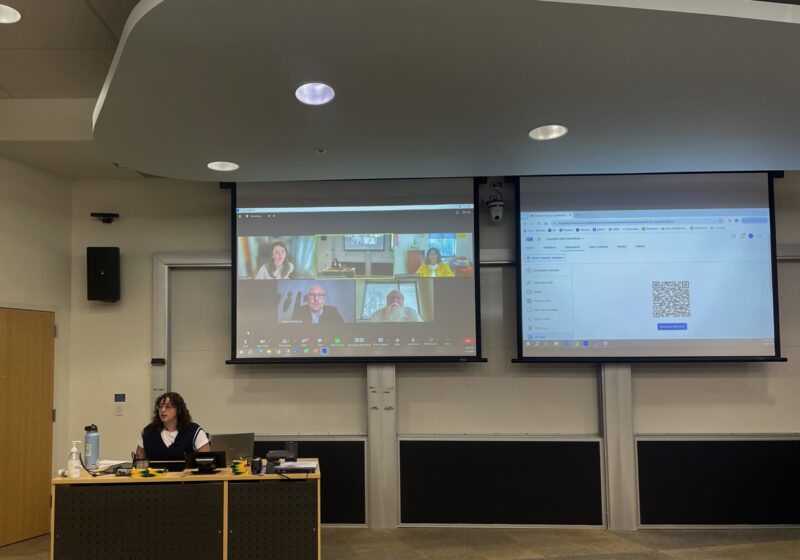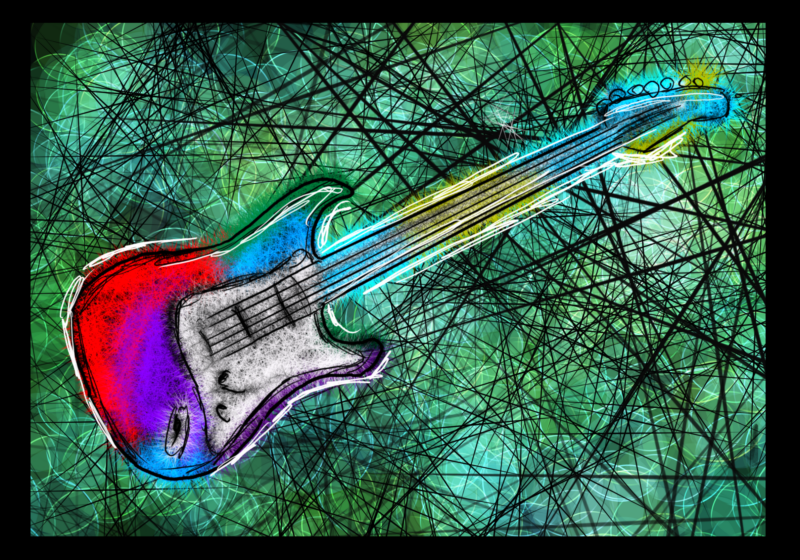Although the Hindu holiday Diwali was celebrated on Nov. 5, Friday’s “belated” Diwali Dinner caps off Hindu Awareness Week for the Hindu Students’ Association. In addition to the delicious food, the Hindu Students’ Association is putting on musical, film and cultural events this week, in hope of spreading awareness about their religion. Co-Presidents junior Anupa Gewali and senior Swapna Kumar are spearheading the event.
Can you briefly explain the importance of Diwali?
Swapna Kumar: We call it the festival of lights. We have a lot of fireworks and candles. The significance is good prospering over evil — light over dark.
Anupa Gewali: There’s a few different stories in Hindu mythology that say ‘This is what Diwali is on this day.’ But because of how widespread Hinduism is, there are lots of different cultural connotations. The basic core concept is good versus evil, light over dark. In that way, it becomes multi-religious. Different cultural groups in South Asia are celebrating this time, lighting up the streets, celebrating stuff, kind of renewing the year.
What are you trying to accomplish with Hindu Awareness Week?
AG: I think in the past our only staple event has been the Diwali dinner. When I was a freshman, we talked about how the Diwali dinner is a big thing in the fall, but we don’t have much representation otherwise. We do internal club things, like temple runs and smaller speakers, but we don’t really have much to reach out to the campus.
We kind of got this idea of a week or a month where we can have a ton of events and show the campus that there’s a club on campus that’s educating people about Hinduism. Through that we tried to come up with a list of events that were open to the public.
What kind of events did you have to celebrate Diwali and what are you doing on campus this week?
AG: Monday we had a henna and rangoli night in Friel Lounge. Rangoli is a colorful sand-art design. People decorate rangoli outside their homes and temples. It’s a really pretty decoration. Tonight we have a classical music demonstration, half an hour is South Indian and half an hour North Indian.
What kind of work do you do with other religious organizations on campus?
AG: We work with Students for Interfaith Action and the Religious Roundtable and send representatives there. I think they have bi-weekly discussions where they present a topic and then have a specific representative from each religion give their perspective — ‘I grew up as a Hindu and this is what I think of this idea.’
If there were no budget limitations and you could invite any Hindu religious figurehead or anyone doing a lot for Hindu awareness, who would it be and why?
AG: Eboo Patel, the keynote speaker at the Interfaith conference in Rochester last year. I haven’t read a lot of his work. He has been doing a lot of youth-oriented interfaith work, which is really cool because its presenting a really good future, especially considering all of the religious tension.





